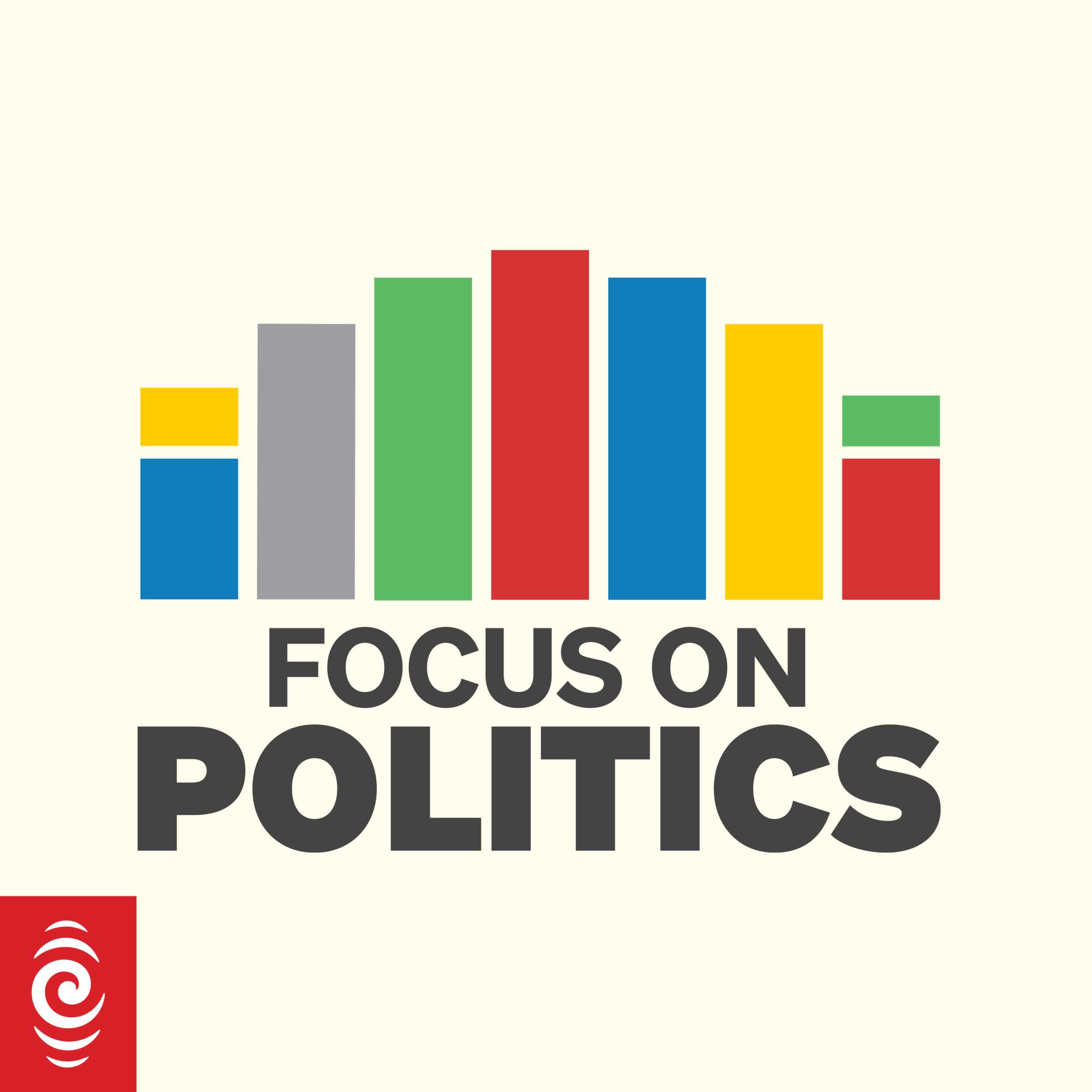
Episode description
In today's Focus on Politics podcast, RNZ Digital Political Reporter Russell Palmer wades into the three waters debate, assessing the situation ahead of local and general elections.
"I still sadly am of the view that a number of ratepayers do not really know what they're paying for their poor water service delivery," - Local Government Minister Nanaia Mahuta
Water management is shaping up as a major political battleground ahead of local elections next month - and the general election next year.
Opponents and councils decry the government's unpopular proposal or urge caution and delays until the details are settled - but there's little agreement on alternatives, and experts are warning time is running short.
Listen to the full podcast here
Auckland mayor Phil Goff, Local Government Minister Nanaia Mahuta, and National's Local Government spokesperson Simon Watts.
Havelock North's 2016 campylobacter outbreak made more than 8000 people sick and killed at least three, prompting a review of drinking water guidelines from the then-National government.
It was a classic case of crisis prompting a response, but the review only highlighted what we already knew.
Industry body Water NZ says just 64 percent of New Zealanders receive drinking water that consistently meets standards; only about a quarter of wastewater treatment plants are fully compliant; and there's no consistency or national standards for stormwater management.
Any solution would, however, face major funding challenges. While we constantly rely on water for everyday life the infrastructure is, ironically, a dry topic we often think little of.
The Labour government brought in Scotland's Water Industry Commission (WICS) to perform what's believed to be New Zealand's biggest ever assessment of water infrastructure so it could come up with a plan. WICS chief executive Alan Sutherland says there are about 3600 water pollution incidents across the 48 councils - plus Auckland - and the average New Zealand household pays about $1100 a year for three waters services. It's about 20 times the rate of pollution incidents at a cost of 40 percent more than Scotland.
The government's solution, billed as the biggest shake-up in the sector since 1989, was announced by Local Government Minister Nanaia Mahuta last June: a massive reform programme to amalgamate 67 councils' water services into four large regional, standalone entities with strategic oversight and local voice provided by representative groups of council and iwi members. …